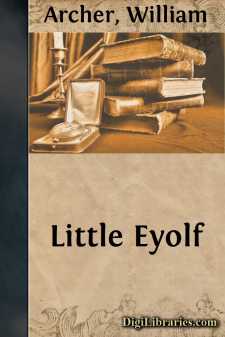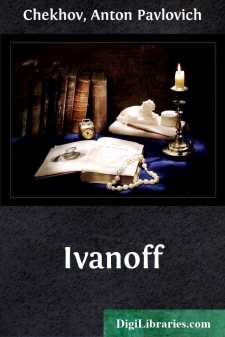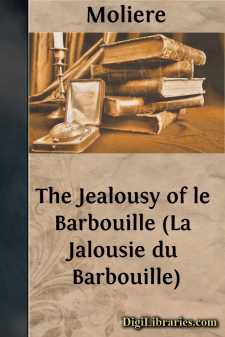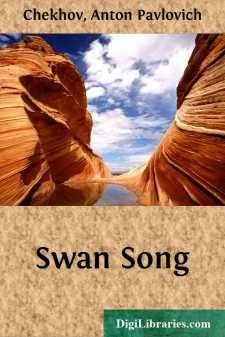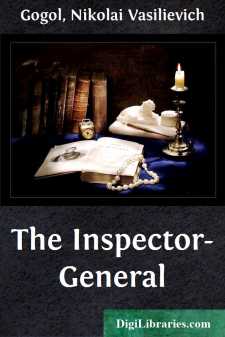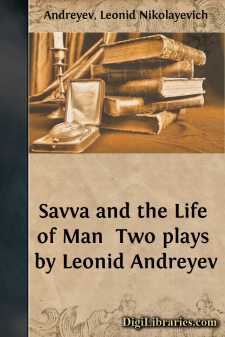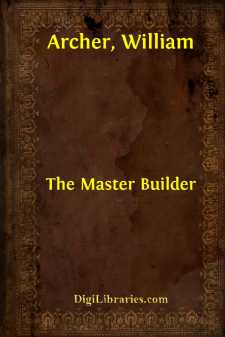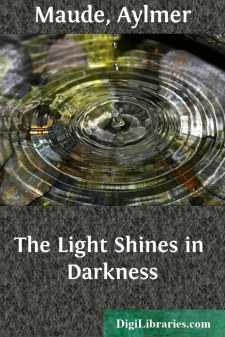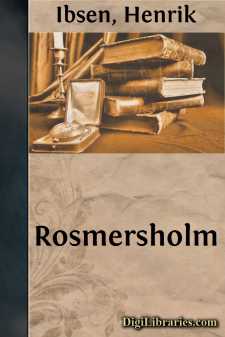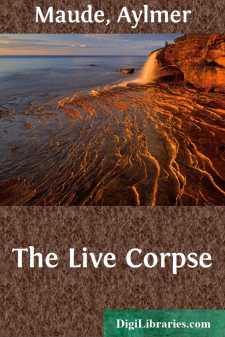Drama
- American 43
- Ancient, Classical & Medieval 45
- Asian 7
- Caribbean & Latin American 2
- Continental European
- English, Irish, Scottish, Welsh 91
- General 105
- Middle Eastern 1
- Religious & Liturgical 1
- Shakespeare 1
Continental European Books
Sort by:
by:
William Archer
INTRODUCTION. Little Eyolf was written in Christiania during 1894, and published in Copenhagen on December 11 in that year. By this time Ibsen's correspondence has become so scanty as to afford us no clue to what may be called the biographical antecedents of the play. Even of anecdotic history very little attaches to it. For only one of the characters has a definite model been suggested. Ibsen...
more...
ACT I The garden of IVANOFF'S country place. On the left is a terrace and the facade of the house. One window is open. Below the terrace is a broad semicircular lawn, from which paths lead to right and left into a garden. On the right are several garden benches and tables. A lamp is burning on one of the tables. It is evening. As the curtain rises sounds of the piano and violoncello are heard....
more...
by:
Moliere
SCENE I.——LE BARBOUILLÉ. Bar. Everybody must acknowledge that I am the most unfortunate of men! I have a wife who plagues me to death; and who, instead of bringing me comfort and doing things as I like them to be done, makes me swear at her twenty times a day. Instead of keeping at home, she likes gadding about, eating good dinners, and passing her time with people of I don't know what...
more...
INTRODUCTION ANTON TCHEKOFF THE last years of the nineteenth century were for Russia tinged with doubt and gloom. The high-tide of vitality that had risen during the Turkish war ebbed in the early eighties, leaving behind it a dead level of apathy which lasted until life was again quickened by the high interests of the Revolution. During these grey years the lonely country and stagnant provincial towns...
more...
INTRODUCTION The Inspector-General is a national institution. To place a purely literary valuation upon it and call it the greatest of Russian comedies would not convey the significance of its position either in Russian literature or in Russian life itself. There is no other single work in the modern literature of any language that carries with it the wealth of associations which the Inspector-General...
more...
INTRODUCTION For the last twenty years Leonid Andreyev and Maxim Gorky have by turns occupied the centre of the stage of Russian literature. Prophetic vision is no longer required for an estimate of their permanent contribution to the intellectual and literary development of Russia. It represents the highest ideal expression of a period in Russian history that was pregnant with stirring and...
more...
by:
William Archer
The Master Builder—or Master Builder Solness, as the title runs in the original—we enter upon the final stage in Ibsen's career. "You are essentially right," the poet wrote to Count Prozor in March 1900, "when you say that the series which closes with the Epilogue (When We Dead Awaken) began with Master Builder Solness." "Ibsen," says Dr. Brahm, "wrote in...
more...
by:
Aylmer Maude
ACT I Scene 1 The scene represents the verandah of a fine country-house, in front of which a croquet-lawn and tennis-court are shown, also a flower-bed. The children are playing croquet with their governess. Mary Ivánovna Sarýntsova, a handsome elegant woman of forty; her sister, Alexándra Ivánovna Kóhovtseva, a stupid, determined woman of forty-five; and her husband, Peter Semyónovich , a fat...
more...
by:
Henrik Ibsen
ACT 1 (SCENE—The sitting-room at Rosmersholm; a spacious room, comfortably furnished in old-fashioned style. In the foreground, against the right-hand wall, is a stove decorated with sprigs of fresh birch and wild flowers. Farther back, a door. In the back wall folding doors leading into the entrance hall. In the left-hand wall a window, in front of which is a stand filled with flowers and plants....
more...
by:
Aylmer Maude
Scene 1 Protásov's flat in Moscow. The scene represents a small dining-room. Anna Pávlovna, a stout grey-haired lady, tightly laced, is sitting alone at the tea-table on which is a samovár. Enter nurse, carrying a teapot. NURSE. May I have a little hot water, ma'am? ANNA PÁVLOVNA. Yes. How's Baby? NURSE. He's restless.… There's nothing worse than for a lady to nurse her...
more...


